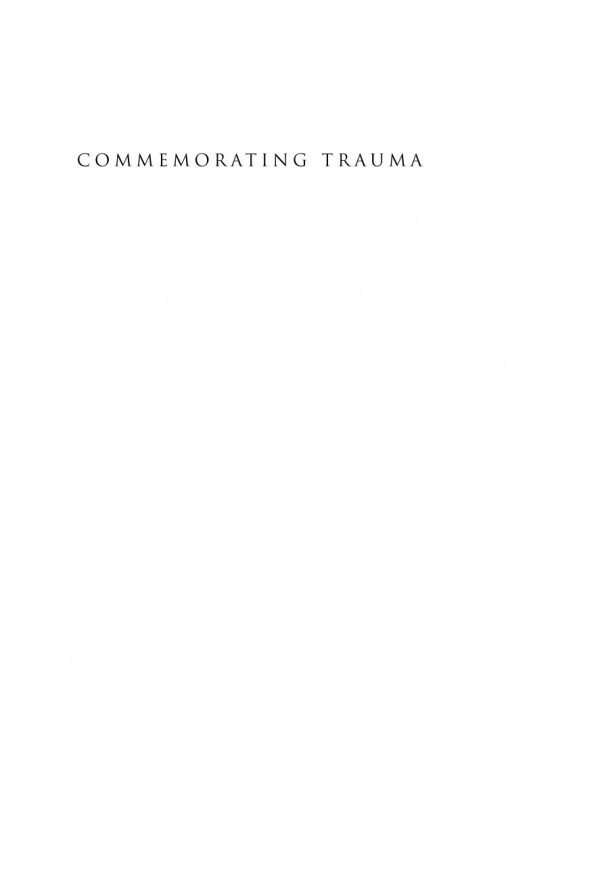

Most ebook files are in PDF format, so you can easily read them using various software such as Foxit Reader or directly on the Google Chrome browser.
Some ebook files are released by publishers in other formats such as .awz, .mobi, .epub, .fb2, etc. You may need to install specific software to read these formats on mobile/PC, such as Calibre.
Please read the tutorial at this link: https://ebookbell.com/faq
We offer FREE conversion to the popular formats you request; however, this may take some time. Therefore, right after payment, please email us, and we will try to provide the service as quickly as possible.
For some exceptional file formats or broken links (if any), please refrain from opening any disputes. Instead, email us first, and we will try to assist within a maximum of 6 hours.
EbookBell Team

5.0
80 reviewsNothing says more about a culture than the way it responds to deeply traumatic events. The Reign of Terror, America's Civil War, the Holocaust, Hiroshima and Nagasaki, the Kennedy assassination, September 11th-watershed moments such as these can be rich sounding boards for the cultural historian patient enough to tease out the traumatic event's complex cultural resonances. This book is about one such moment in the history of modern France. The so-called Terrible Year began with the French army's crushing defeat at Sedan and the fall of the Second Empire in September of 1870, followed by the Prussian occupation of France and first siege of Paris in the fall and winter of that year. But no event of the period proved so deeply traumatic as the Paris Commune of 1871 and the bloody reprisals that attended its demise. Commemorating Trauma engages the rich body of recent scholarly work on cultural trauma to examine a curious conundrum. Why do French literary, historical and philosophical texts written in the aftermath of the Paris Commune so often employ the trope of confusion (in both the phenomenal and cognitive senses of that term) to register and work through the historical traumas of the Terrible Year? And how might these representations of confusion both reflect and inflect the confusions inherent to an ongoing process of social upheaval evident in late nineteenth-century France-a process whose benchmarks include democratization and the blurring of social classes, a persistent and evolving revolutionism, radical reconfigurations of the city as lived environment, and the development of specifically capitalist logics of commerce? These are the two principal questions addressed in this important study of cultural memory.